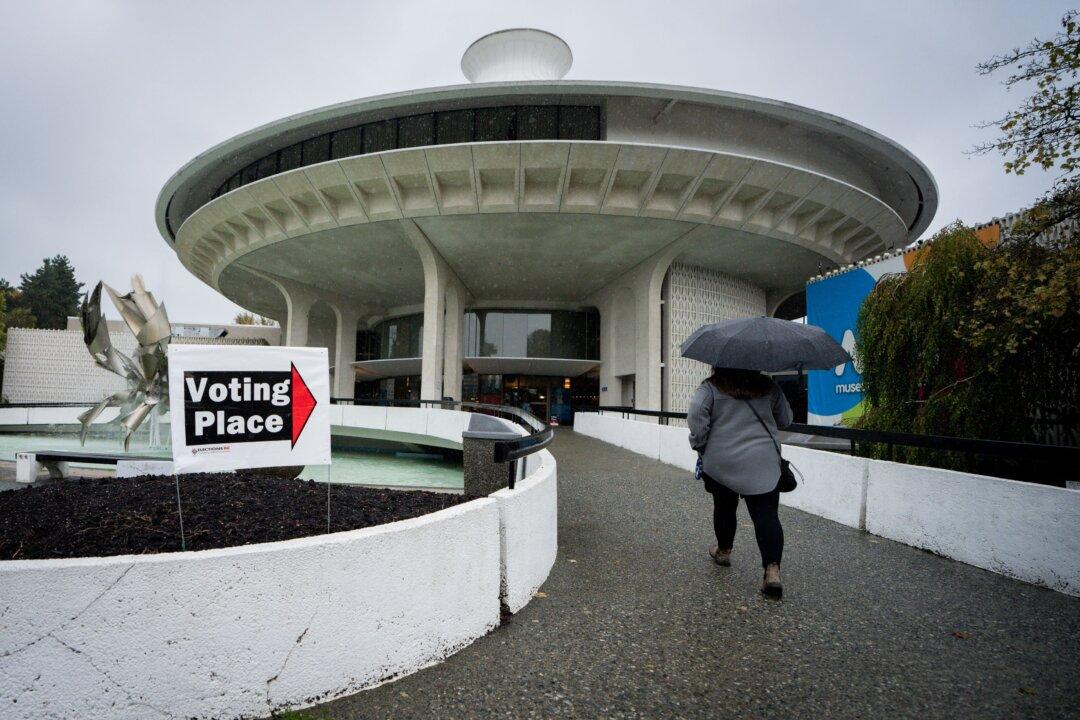Commentary
On Oct. 19, a nail-biter B.C. election resulted in razor thin margins: 46 seats for the NDP, 45 seats for the Conservatives, and two for the Greens.

On Oct. 19, a nail-biter B.C. election resulted in razor thin margins: 46 seats for the NDP, 45 seats for the Conservatives, and two for the Greens.